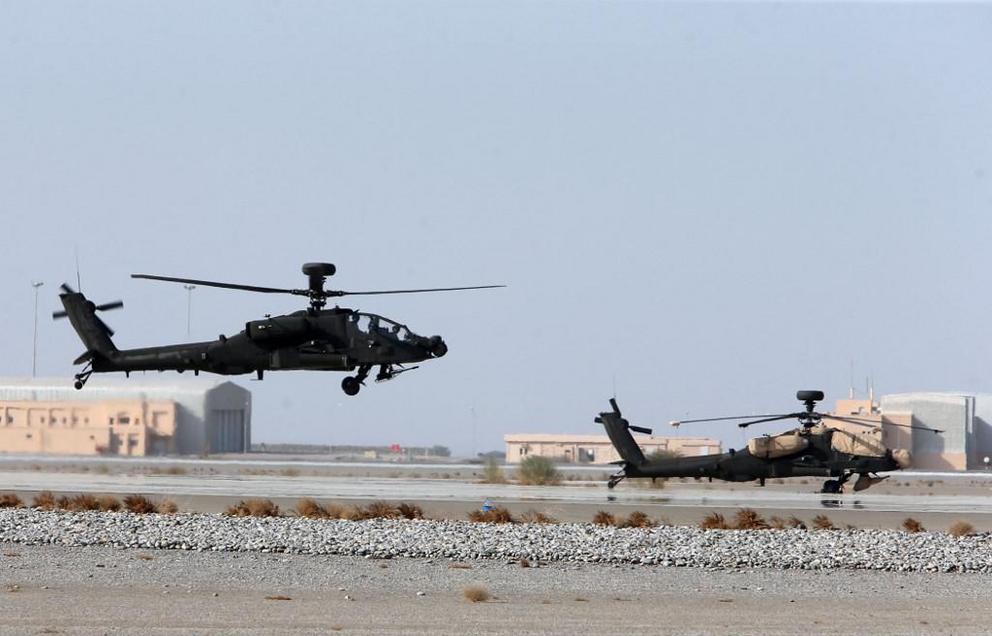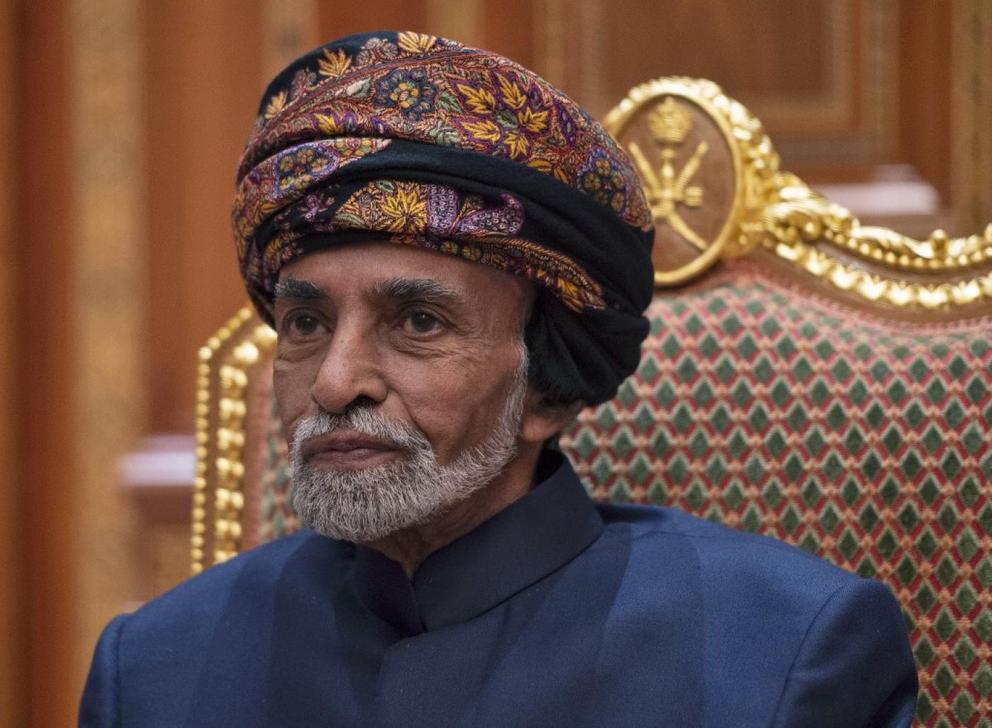UK - Oman special relationship in focus
Britain is seeking ever closer relations with its longstanding Gulf allies, at the expense of promoting positive regional change
Sixty years ago, Britain won a long-forgotten war in Oman, setting the special relationship between the two countries that is still being boosted today.
The anniversary falls as the head of the British army recently visited Oman, and as the two countries signed a “Comprehensive Joint Declaration on Enduring Friendship” and a new Joint Defence Agreement. Last year, the two cooperated on the UK’s largest military exercise in the Middle East in 20 years.
The UK’s growing support for Oman’s ruler, Sultan Qaboos, is as extensive as it is ignored in the British media. But a key question looms: who will succeed the sultan after his death, and will London then continue this special relationship?
‘Not a great deal of hope’
The 1957-9 war in central Oman defeated an uprising threatening the rule of Sultan Said bin Taimur, one of the most repressive regimes ever seen in the Middle East. Declassified files show Britain’s chief diplomat in the region, George Middleton, recognising that: “The condition of the people is miserable, the Sultan is unpopular, there is no central administration … and, under the present regime, not a great deal of hope for the future.”
But that didn’t stop Britain from coming to the aid of the sultan, who kept hundreds of slaves at his palace in Salalah, deploying the Royal Air Force (RAF) to bomb the rebels from the air “to show the population the power of weapons at our disposal” and to convince them that “resistance will be fruitless and lead only to hardship”, the files show.
The relationship is solidified, as ever, by arms exports: Oman imported $2.4bn worth of arms during 2014-18, of which the UK was the largest supplier
Former prime minister Harold Macmillan approved the bombing of water supplies and agricultural gardens – civilian targets that constitute war crimes – to “deter dissident villages from gathering their crops” and to promote “denial of water supply to selected villages by air action”. The Special Air Service was also deployed in late 1958 and captured the rebels’ final stronghold the following year.
The rebellion that broke out a few years later in Dhofar province in southern Oman also prompted British intervention. The Dhofar uprising was “an indigenous rebellion against the repression and neglect” of the sultan, the Foreign Office later privately noted.
With barely any schools or health facilities in the country, even by 1970 it was forbidden to smoke in public, to play football, to wear glasses, or to talk to anyone for more than 15 minutes. The sultan’s response to the uprising was to use even greater force – largely from British officers, who controlled Oman’s military.
A giant British base
When the British realised the sultan might not win the Dhofar war, their military advisers in Muscat overthrew him in a palace coup in 1970 and installed in power his son, Qaboos, who has remained there ever since. Oman became, in effect, a giant British military and intelligence base.
Files leaked by Edward Snowden show that Britain’s GCHQ has a network of three spy bases in Oman – codenamed Timpani, Guitar and Clarinet – which tap in to various undersea cables passing through the Strait of Hormuz into the Arabian Gulf.
These bases intercept and process vast quantities of emails, telephone calls and web traffic. The information is then shared with the US National Security Agency.

Joint British-Omani military exercises take place west of Muscat on 26 October (AFP)
Britain has just established a large, new military base at the Duqm port complex in central Oman, which will house the two 65,000-tonne aircraft carriers being built for the Royal Navy. This will provide “a strategically important and permanent maritime base east of Suez, but outside of the Gulf” and “serve as a staging post for UK Carrier Strike Group deployments across the Indian Ocean”.
A new Omani-British Joint Training Area is also being established in Oman this year to facilitate a permanent British army presence in the region. The relationship is solidified, as ever, by arms exports: Oman imported $2.4bn worth of arms during 2014-18, of which the UK was the largest supplier.
For the rest of this article please go to source link below.

